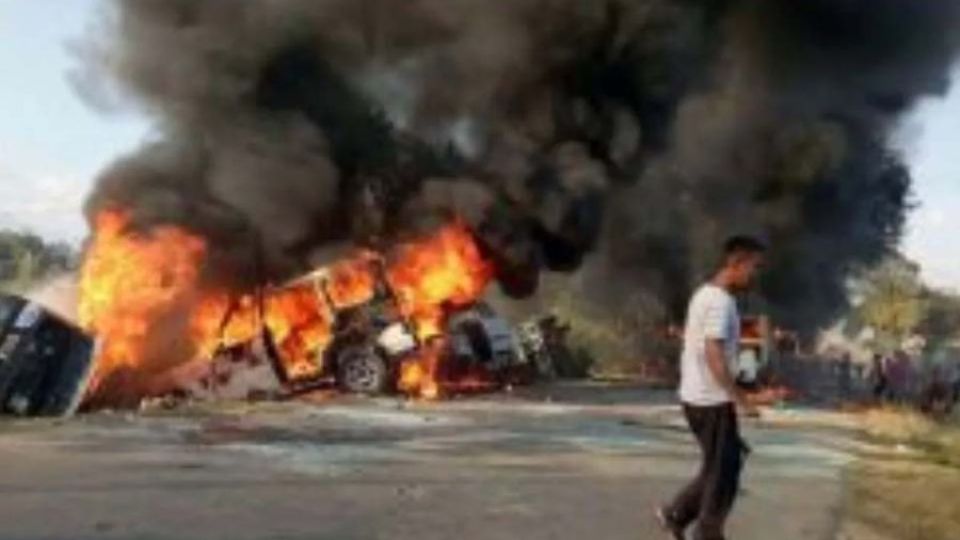February 19, 2025
KOLKATA – The imposition of President’s Rule in Manipur has reignited fierce debates about the state’s future, exposing deep ethnic and political fault lines. While Kuki-Zo-Hmar tribes have welcomed the move as a long overdue step toward stability, the Meitei community sees it as an unjustified intervention that could further marginalise them. This stark division underscores the complexities of the crisis that began on 3 May 2023, when ethnic clashes erupted, leading to over 250 deaths and the displacement of more than 60,000 people. At the heart of the issue is whether President’s Rule will be a meaningful intervention or a temporary political manoeuvre. The central leadership of the BJP, which ruled the state, faces a difficult choice: allow President’s Rule to continue long enough to facilitate genuine reconciliation or use it merely as a stopgap measure until a new political arrangement is worked out among party MLAs in Manipur.
Given that President’s Rule was imposed after Chief Minister N. Biren Singh resigned, the concern is whether governance will truly be free from political interference or if this is just a tactical reshuffling of power. For over 21 months, Manipur has been caught in a violent impasse. The presence of buffer zones, paramilitary forces, and heavily armed groups ~ including armed Meitei underground factions and Kuki militant groups ~ has only solidified the divide. Even as some Meitei residents privately acknowledge relief at the removal of armed elements that had bullied and extorted them, civil society groups remain distrustful of the Centre’s intentions. The spectre of 6,000 missing weapons looted from police armouries in 2023 adds another layer of volatility to an already fragile situation. For President’s Rule to have any real impact, governance must be strictly neutral, insulated from political interests.
This requires an impartial administration, free from pressure by local factions, and a strong security presence that does not favour any community. The central paramilitary forces deployed must ensure law and order without becoming instruments of political manoeuvring. Perhaps the most critical opportunity that President’s Rule provides is a temporary truce ~ a moment where dialogue could become possible between the warring communities. Over the past two years, mutual suspicion, historical grievances, and hardened narratives have made any meaningful talks impossible.
The Governor, who must now play a crucial and bipartisan role in governance, must use this time to facilitate community engagement and encourage local leadership to participate in peace-building measures. The ultimate test, however, lies in Delhi’s political calculations. If the BJP views Manipur through the narrow lens of political control, the region could soon return to chaos. But if the priority is stability over electoral considerations, President’s Rule could be the turning point for reconciliation. Manipur stands at a historic crossroads. The decision now is whether to rebuild trust and peace or allow another cycle of violence to unfold.


